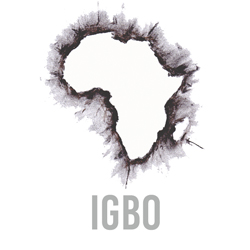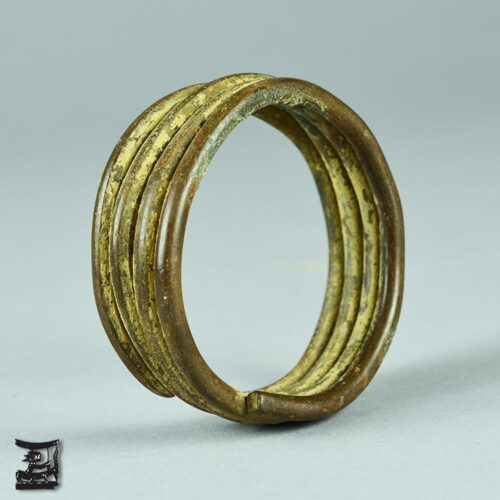
Unraveling the Mysteries of the Culture and History of the Igbo People
The Igbo people, also known as the Ibo or Ebo, are one of the ethnic groups indigenous to present-day Nigeria. They have a rich and diverse culture that dates back centuries and is still visible today in their traditions, beliefs, and customs. As an African Art collector, it’s essential to understand the origins and influences that have shaped Igbo Art over the years. In this blog post, we’re going to delve deep into the culture and history of the Igbo People, and unearth the mysteries behind their unique and fascinating art forms.
Origins and Early History of the Igbo people
The Igbo people have a rich and diverse history that dates as far back as the 9th century. The earliest known Igbo communities lived in the Niger Delta Region, which is believed to be their ancestral homeland. The Igbo people migrated out of this region to other parts of West Africa, and during the 15th century, some groups moved eastward towards the Cross River Basin, present-day Cameroon, and Equatorial Guinea. Historians suggest that this migration was influenced by population pressure, conflicts, and the need for new settlements. The early Igbos were known for their agricultural practices, iron smelting, and trade.
Religion and Beliefs
Igbo religion is a blend of traditional and Christian beliefs. In traditional Igbo religion, there’s a belief in the existence of a supreme being called Chukwu/Chineke, who created the universe and everything in it. Other deities or spirits play a significant role in Igbo religion, as the people believe that what happens around them is the result of their constant interactions with these spirits. Traditional Igbo religion had a significant impact on Igbo Art and can be seen in the form of masks, sculptures, and figures which serve both religious and social functions.
Igbo Art
Igbo Art is one of the most diverse and vibrant forms of African Art. It is a reflection of the Igbo people’s beliefs, culture, and heritage. One of the most common art forms among the Igbo people is pottery, which has been in existence for centuries. The art of pottery-making was originally a women’s trade, passed down from generation to generation. Today, the Igbo people make a range of pottery including bowls, vases, and water storage containers. Other popular art forms include masks, sculptures, and figures. Igbo masks are often used during ceremonies, such as weddings and funerals. They come in different shapes and sizes and often feature unique designs and patterns.
Modern Igbo Culture
The present-day Igbo culture is a blend of ancient customs and modern practices. Although many aspects of traditional Igbo culture have been lost or diluted, many traditions and customs are still being practiced. For example, the Igbo people still hold festivals like the New Yam festival, which marks the end of the farming season. This festival involves the preparation of a special dish made from yam, which is presented to the gods and ancestors. The festival is also a time for reunion, socializing, and showcasing Igbo culture.
In conclusion, the Igbo people have a rich and diverse culture that has evolved over centuries. Their beliefs, customs, and traditions are still practiced today and have played a significant role in shaping Igbo Art. As collectors of African Art, it’s essential to understand the culture and history of the people behind the art forms that we admire. Igbo Art is a fascinating form of African Art, and by understanding the history of this culture, we can gain a deeper appreciation of the beauty and meaning behind these art forms.

